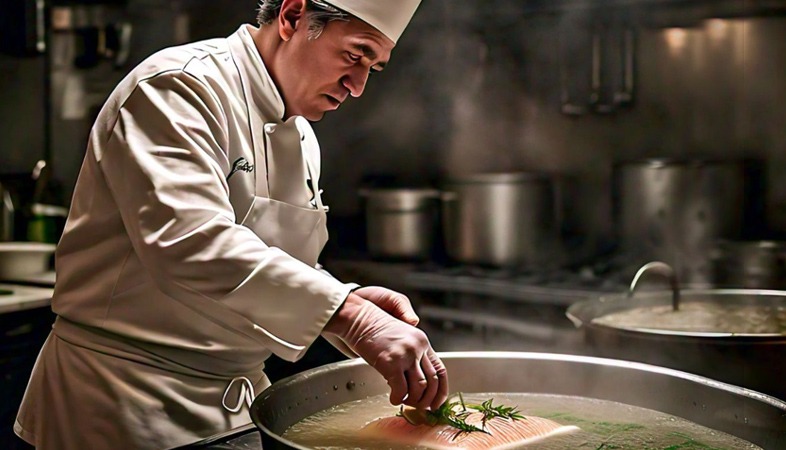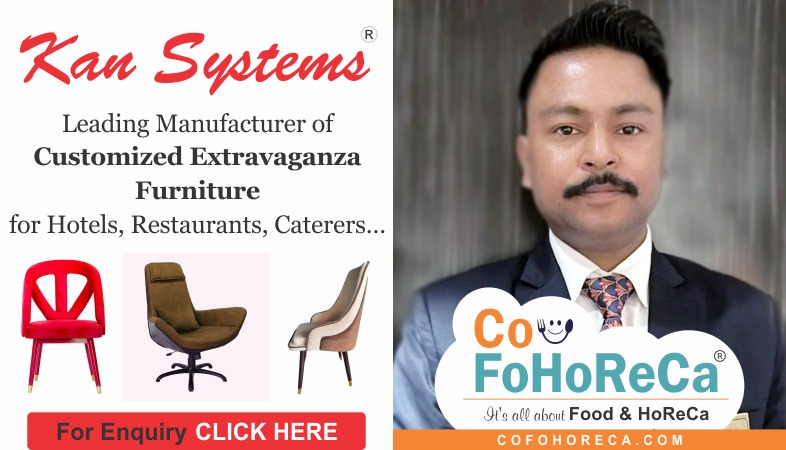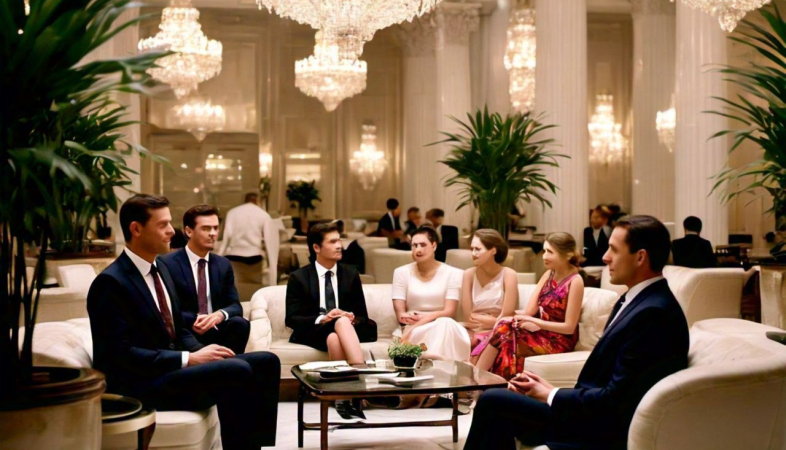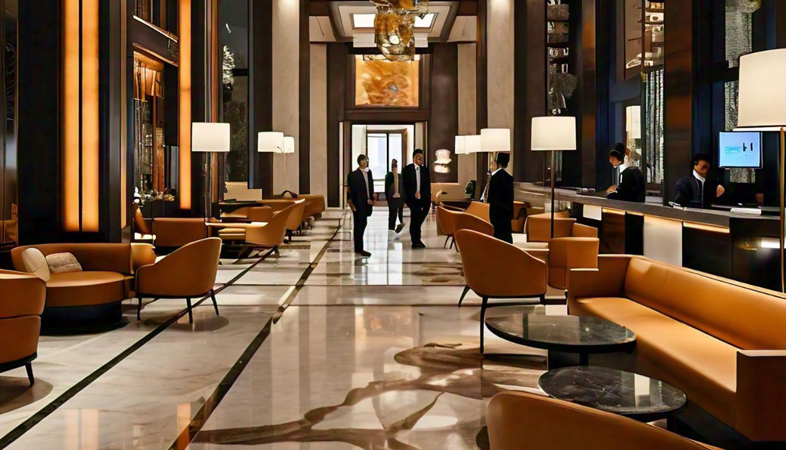SHARE
Commercials
More Posts
Feb 11, 2025
Himachali Chana Madra - By Chef Reetu Uday Kugaji
Jan 26, 2025
Sushi - By Chef Madhusudan Singh
Apr 20, 2025
Unique Hotel Services You Didn't Know Existed
Apr 23, 2025
Hotel Room Service: Innovations in In-Room Dining
Feb 11, 2025
Himachali Chana Madra - By Chef Reetu Uday Kugaji
Jan 26, 2025
Sushi - By Chef Madhusudan Singh
Apr 20, 2025
Unique Hotel Services You Didn't Know Existed
Apr 23, 2025
Hotel Room Service: Innovations in In-Room Dining
Feb 11, 2025
.png)




























